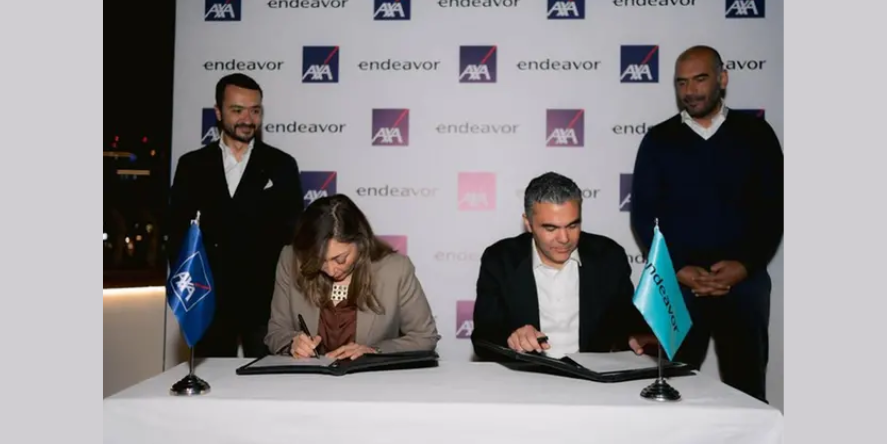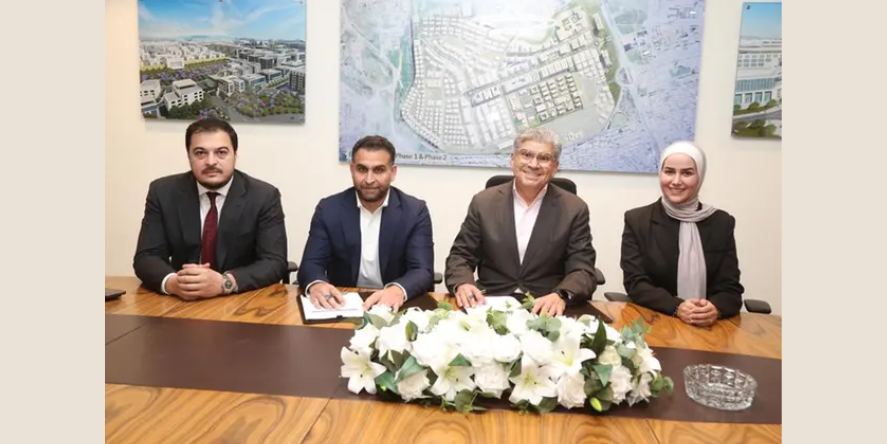Caye International was recently named the Best International Private Bank – CARICOM 2022 after being awarded last year as the Best International Private Bank – Central America for 2021 by International Business Magazine based out of Dubai.
Belize is a front-runner for those seeking offshore banking and investing opportunities. The pandemic has created unique challenges for financial institutions, and we talked with the President of Caye International Bank, Luigi Wewege to get his take on these challenges and more.
Can you tell us a little about yourself?
I am the President of Caye International Bank headquartered on the beautiful island of Ambergris Caye in Belize, Central America. I also serve as a member on the bank’s Board: Credit and Asset/Liability Committees.
Outside of my banking responsibilities, I serve as an Instructor at the FinTech School in California. The school delivers online training on the latest technology and innovation development in the Financial Services industry.
I am also the published author of The Digital Banking Revolution, now in its third edition, and available versions in kindle, audio, and paperback formats in all major international online bookstores.
Previously, I helped complete a pilot study for the Federal Trade Commission during one of the most severe financial times for the American economy. The primary focus of the study was to examine and determine the accuracy of credit bureau information which became published research that was presented before the United States Congress.
How did Caye International Bank get its start?
Caye’s history began as a Belizean mortgage company in 1996. After a continued success over several years, the decision was taken to become an international bank.

Caye was granted an unrestricted Class ‘A’ International Banking License on September 29, 2003, from the Central Bank of Belize. The Central Bank of Belize is responsible for regulating Caye International Bank and setting the standards for its liquidity and capital adequacy ratios.
Caye International Bank has won many awards and is a consistent regional and international contender. What do you think are the primary reasons for this?
Caye is the only fully focused international bank in the country. Our bank license permits us to conduct financial services with individuals and corporations outside Belize. The bank offers a full range of traditional and non-traditional banking services and accounts in multiple currencies, helping people with asset protection and asset diversification.
Belize also has a compelling tax structure. There is a zero-tax rate on deposits in many personal and business accounts. That one factor separates Belize from many other offshore locations.
How has the bank and business managed to thrive through a pandemic?
Caye International Bank clients all face similar concerns, regardless of their location. The main differentiator in their response during COVID-19 has been the size of their portfolio.
A small diversification client may need a more sizeable amount of cash right now, whereas a more significant investor may switch asset classes or make speculative moves. At Caye, we are fortunate that our liquidity ratios far exceed minimum requirements. This allows us to weather these storms similar to those like the financial crisis in 2008.
Many business leaders had to make hard decisions to survive the pandemic. What steps did Caye make, if any?
We decided at the onset that we would not cut staff or reduce salaries. We chose to get through the crisis as a team. We realized it would be arduous to change an almost two-decade central command point bank service structure to a completely digital online arrangement with staff now working from home.

However, we learned what we thought was an impossible task could be achieved in a matter of days when receiving buy-in from all the bank’s stakeholders.
With the world working to move past the pandemic, what do you envision as the future of offshore banking in Belize?
We’ve certainly felt the impact of the pandemic in Belize, economic and otherwise. Even so, we’ve managed better than some other areas of the world. Part of the credit goes to the forward-thinking attitude about all things financial that’s part of our way of doing things. We know that the country and our economy will thrive.

Belize is well poised to continue growing as a force in the world of offshore banking and investment. The laws continue to be refined to keep the nation at the forefront of ethical and practical banking solutions. A welcoming culture in general and the fact that banking officials and personnel in this country know the industry inside and out also helps engender confidence. We do not doubt that as more people discover Belize, our market share will keep increasing.
You have an extensive track record as a leader in the financial service industry. Can you tie this up by telling us what the financial sector needs from its senior managers in an environment like we see today?
There are two ways of dealing with rapid change. One way is through reactive protectionism. This is often through trying to stop the bleeding when change is forced upon you. This can be done by tweaking costs here and there to still be in the black for each quarterly budget. The other method is a nimbler, more proactive approach. It is knowing that most changes are not short-term and recognizing that the first inkling of any change is a signal of potential opportunity.
Leaders who can develop an adaptive vision and implement responsive systems to meet clients’ new needs are the ones who will be the most successful. Often the big breakthrough successes come from leveraging disruptive change. It’s important to note that getting to this point also requires helping employees develop skills to deal with rapid change and as always, communicating “what” and “why” is critical to success.
An Exclusive Interaction with International Business Magazine







